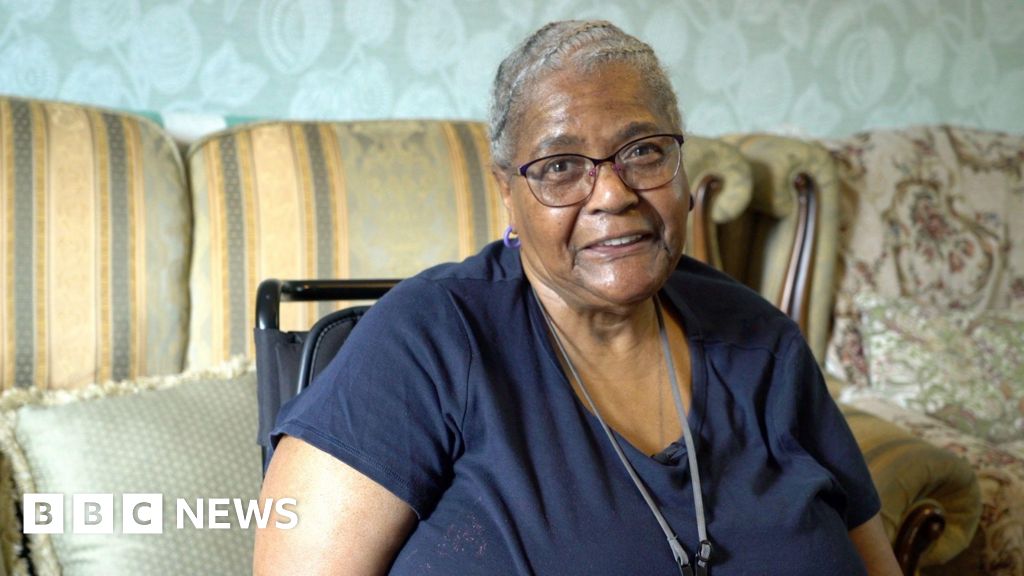 Getty Images
Getty ImagesHome health tests bought by people seeking answers about their conditions could give inaccurate and misleading results and require much greater regulation to ensure they are safe, reliable, and effective, researchers have warned.
From bowel cancer to the menopause, shop-bought health kits now test for a wide range of conditions and are readily available on high streets and in supermarkets across the UK.
But two new studies, published in the British Medical Journal (BMJ), say many of the kits lack crucial information, such as who should use them, how to interpret the results, and what steps to take next.
In response, the regulator which oversees medical devices in the UK, MHRA, says it is “overhauling” safety standards.
Researchers at the University of Birmingham collected and analysed 30 self-test kits, costing between £1.89 and £39.99, in 2023. These included tests for conditions such as bowel cancer, vitamin deficiencies, thyroid issues, HIV, and the menopause.
The researchers concluded that only 14 of the kits they looked at included any statement about accuracy, and fewer than a quarter gave clear guidance on next steps after receiving a result.
They also found that nearly half advised users to consult a healthcare professional regardless of the result, something experts warn could place additional pressure on NHS services.
Prof Jon Deeks, who led the research, said current regulations do not go far enough to protect consumers.
“Self-tests have a clear potential to improve public health. However, for them to be beneficial and not harmful, they must be proven to be accurate, easy to use, and supported by clear instructions,” he said.
Self-testing has been around in the UK for more than 50 years in the form of pregnancy tests, first introduced in 1971. During the Covid lockdown, lateral flow tests for Covid became common. Neither was included in the University of Birmingham research, published by the BMJ.
“When integrated appropriately into clinical pathways, self-tests have been shown to increase uptake of testing in underserved groups,” say the researchers.
But the BMJ warns that offering self-testing based on the ability to pay, rather than clinical need, risks “widening inequalities and the exploitation of vulnerable population groups”.
Bernie Croal, President of the Royal College of Pathologists, told the BMJ poor-quality testing could lead to both “false reassurance” and “unnecessary consequences” for the NHS.
The UK self-test market is expected to grow significantly, with revenues forecast to reach £660m by 2030.
“Direct-to-consumer tests may be appealing to the public, as they can provide diagnostic results quickly, offering privacy, confidentiality, and autonomy over healthcare decisions,” says the BMJ.
The authors classified 60% of the tests they looked at as “high risk”.
While most kits carried claims of high accuracy, some above 98%, the researchers say supporting evidence was often not made publicly available.
Although manufacturers are not currently required by law to publish clinical performance data, the BMJ calls for greater transparency.
The Royal College of General Practitioners has also called for more openness in the industry.
Joseph Burt, Head of Diagnostics and General Medical Devices at MHRA, said it is examining the research, “We’re exploring new transparency measures such as requiring published summaries of clinical evidence.
“In the meantime, we strongly encourage anyone using a self-test to check for a CE or UKCA mark, read the instructions carefully, and seek medical advice if they’re unsure about their result”.





